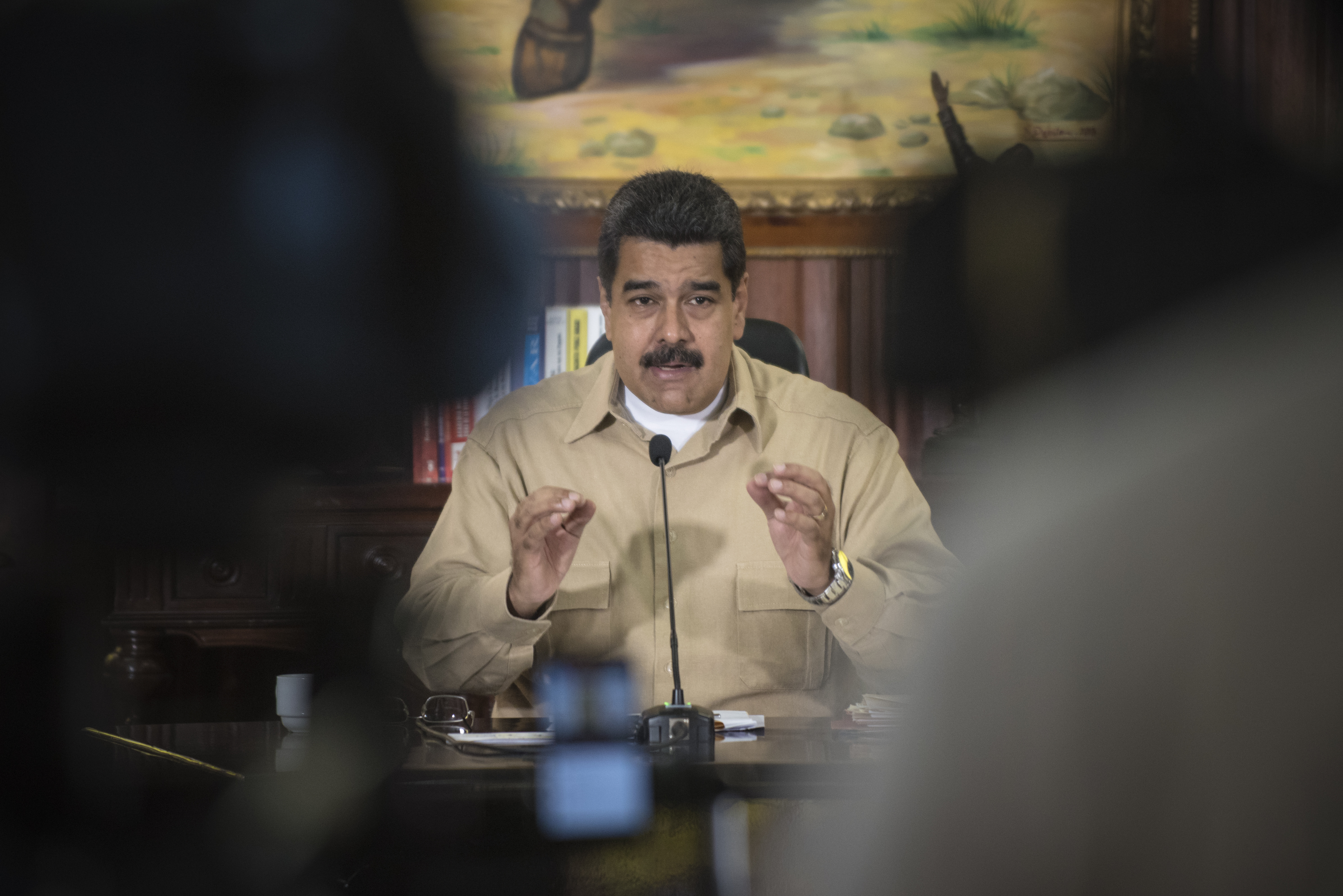Coming at the AUMF Debate from a Different Angle
I've so far stayed out of the exchange over the last few days between Jack, on the one hand, and Steve and Jennifer Daskal, on the other, about the paper that Jac
Published by The Lawfare Institute
in Cooperation With

I've so far stayed out of the exchange over the last few days between Jack, on the one hand, and Steve and Jennifer Daskal, on the other, about the paper that Jack and Matt and Bobby and I wrote on the need for a new AUMF. But I want to try to break through to higher ground. It's not that I don't find interesting the question of whether our paper was motivated by some unstated desire to legalize preemptive wars---a subject we neither treat in the paper nor ever discussed among ourselves in writing it. It's just that there's no point in having a lengthy exchange over an idea that none of us endorses.
So what exactly is this debate really about?
In his last post, Jack made the point that the fundamental difference seemed to be that Jen and Steve believed that peacetime authorities were adequate to the terrorist threat while we harbored doubts on that point. I agree that this is a fundamental division, but there's another one---one I suspect is equally, if not, more important: Steve and Jen seem to believe that not reauthorizing the AUMF will, in fact, trigger a cessation or diminution of the use of lethal force in counterterrorism activities. In other words, they argue that without a new AUMF, lethal counterterrorism activities would be, if not eliminated, severely constricted and limited to, for example, an immediate response to a new major attack. They contend further that while Congress might act piecemeal to authorize particular uses of force in certain extreme cases, the basic framework would be one of peace and law enforcement---in other words, an absence of military force. On the other hand, they argue, a new AUMF would allow for the continuation of lethal counterterrorism activities, and even the expansion of them---as presidents add ever more groups to a list from which removal would be nearly impossible. In other words, the stakes are high because this is a choice between war and peace.
The spirit that animates our paper, by contrast, is the suspicion that this belief is a bit less than realistic. In my view, to sketch the alternative, whoever is president is going to continue our current counterterrorism policies for the foreseeable future. Barring a Rand Paul presidency (and it will be interesting to see if either Jen or Steve endorses that prospect in the name of peace), any president is going to feel obliged to maintain counterterrorism on offense, and Congress---whining, carping, complaining all the way both that the president is being too aggressive and that he is not being aggressive enough---will go along with it, indeed, will insist upon it. That’s just the political reality. And it’s the political reality for a very simple reason that is, at its core, not about a point of law: Americans overwhelmingly prefer killing terrorists overseas to allowing them operating wiggle-room with which to attack Americans.
This counterterrorism on offense will be justified, as it has been so far, by aggressive interpretation of the AUMF as covering associated forces in geographic locales far from hot battlefields. Or it will be justified by an expansive view of Article II powers. Or it will be justified by whatever other legal means may be available. The critical point, however, is that the core strategy is simply not going to be walked back, unless there is some dramatic political shift, and most fundamentally, it’s not going to be walked back because a group of lawyers think the AUMF is no longer a vital instrument---any more than the absence of a congressional action precluded the Libya operation.
If you buy this premise, the question before us as we contemplate the future of the AUMF is not one of continued war versus a return to peace. The question, rather, is whether you want the contours of this continuing armed conflict to be defined by the Executive Branch acting alone, or whether you want it defined by some joint action of the Executive Branch and Congress. Even recognizing that Congress may not play its role optimally, I am in the latter camp. I believe there's a useful role for Congress to play in defining the conflict at its margins. I don't believe that Congress has either the force or the will to decide that the nation is at peace---or that it believes anything of the kind.
Benjamin Wittes is editor in chief of Lawfare and a Senior Fellow in Governance Studies at the Brookings Institution. He is the author of several books.




_c.jpg?sfvrsn=9bbcc085_3)
